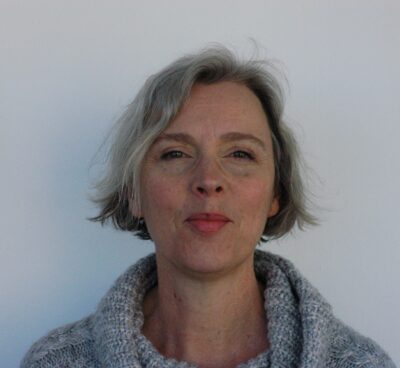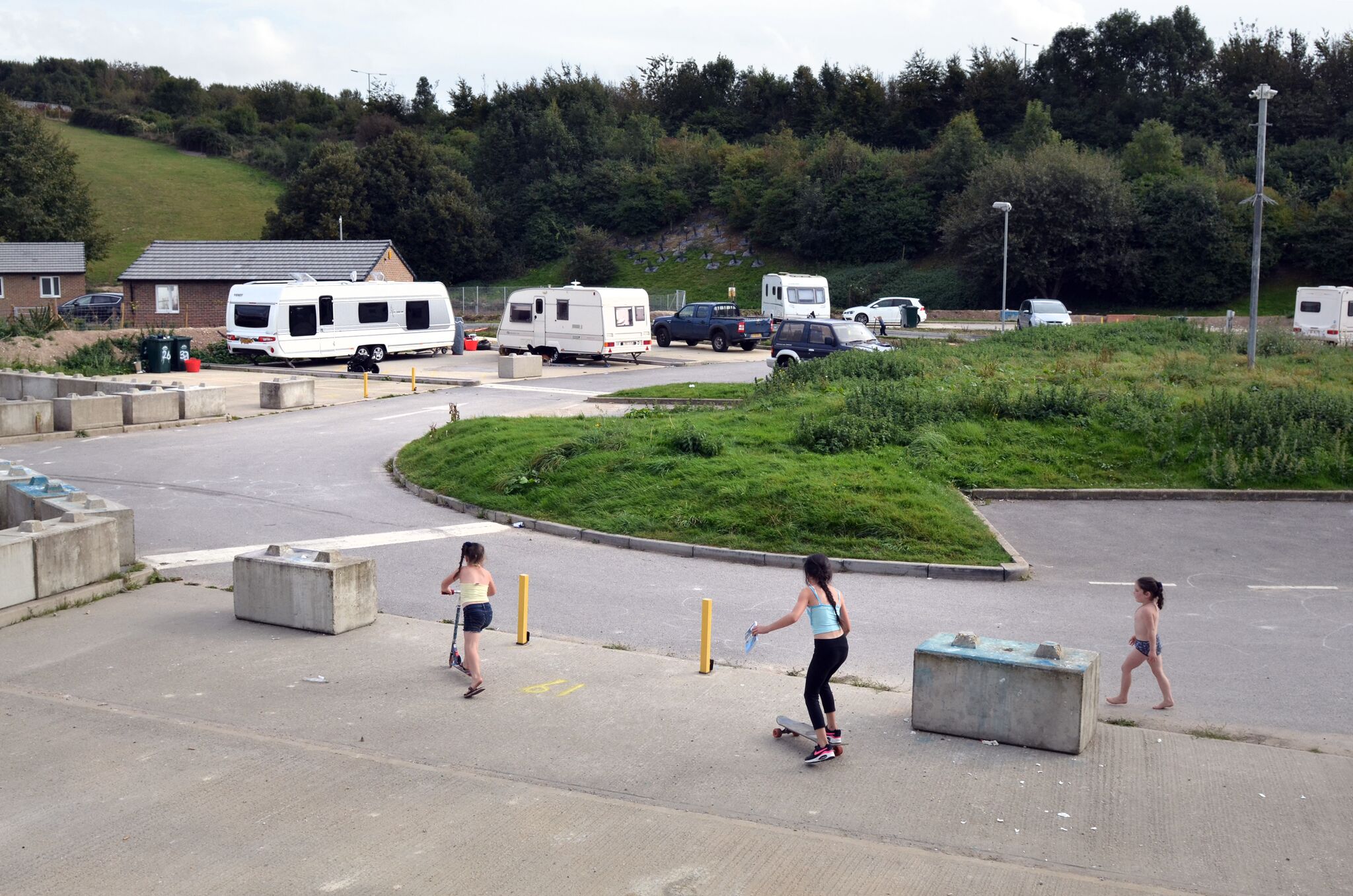Dr Bola Owolabi, National Specialty Advisor for Older People and Integrated Person Centred Care at NHS England and NHS Improvement, and Sarah Mann, Director of Friends, Families and Travellers write:
Whilst the COVID-19 crisis has brought health inequalities in England into stark and urgent focus, we know that inequalities in life expectancy and health outcomes are not new. In February of this year, The Marmot Review: 10 Years On found that the life expectancy gap between people in the most and least deprived areas is growing, with women and men in the most deprived areas of England living 7.7 and 9.5 years less than their counterparts in the least deprived areas.
Public Health England’s Consensus on Healthy Ageing highlights that as a result of a combination of disadvantages in living conditions, education, employment, and inconsistencies in access to health and care services, people experiencing deprivation also spend 20 fewer years in good health than those in the least deprived areas of the country. These health inequalities are not inevitable or unavoidable. It is therefore vital that we take action to address the factors that cause people to age differently across our society.
With this in mind, it is crucial that work which seeks to identify and support those living with frailty takes into consideration the stark health inequalities which can cause premature frailty and affect an individual’s likelihood of experiencing frailty. For example, did you know that people experiencing deprivation, people who are homeless, people experiencing substance misuse, people with learning disabilities, LGB&T people, people with mental health needs, people from Gypsy and Traveller communities, and vulnerable migrants are all both more likely to develop premature frailty and to experience difficulties in accessing support when experiencing frailty?
In a recent project commissioned by the Department of Health and Social Care, Public Health England and NHS England and NHS Improvement, a group of charities working with populations experiencing health inequalities and frailty carried out research to understand why certain groups are at high risk of developing frailty, what can be done to address this and how services can improve access and experience of care for those affected.
The research uncovered that often frailty goes undiagnosed among people below the age of 65 and that previous negative experiences of services meant that many of the patients worst affected by health inequalities had lost trust in the health and care system. However, it also found countless examples of NHS providers and voluntary sector organisations who have been working in innovative and impressive ways to rebuild trusting relationships with disenfranchised patients.
To give just one example, Deep End GPs in Yorkshire and Humber aim to improve access to primary healthcare for deprived communities, using approaches such as extended appointments for patients with multimorbidity – which is strongly correlated with frailty – and embedded advice workers in general practice to address the wider, non-clinical needs that influence wider determinants of health.
The final report, published on the 6th October 2020, sets out some simple, practical principles that any health professional, service or local system can act upon to make a real difference in the lives of populations experiencing health inequalities and frailty. These include:
- Shifting from an age-based to a needs-based approach in identifying and treating frailty to reach groups experiencing frailty earlier in life
- Working with local communities to address the wider determinants of health, reduce isolation, and build resilience
- Utilising a place-based approach to support early intervention, prevention and management of frailty
- Addressing multiple needs holistically to support patients to navigate the health and care system, and making care schedules more manageable
- Addressing some of the basic obstacles populations experiencing inequalities face when accessing services, such as wrongful refusals for registration, inaccessible communication and stigma or discrimination
We believe that everyone in society should be offered the greatest possible opportunity to stay healthy throughout their lives. While the health inequalities that exist within our society are stark and significant, it is heartening to know that by taking practical steps, we can work collaboratively to reach out to under-represented and under-served groups, make services more welcoming to those with the greatest needs, and promote healthy ageing for all.
Find out how to achieve this in the report Reducing Health Inequalities for People Living with Frailty.
About the Authors

Sarah Mann has worked for Friends, Families and Travellers for thirteen years and as Director for the last three years. Sarah previously managed community charity The Tarner Project and before that worked in Local Government and the National Trust in community development, land management and cultural history, bringing experience and context of nomadism in the UK.

Dr Bola Owolabi MB BS DFFP MRCGP MSc is National Specialty Advisor for Older People and Integrated Person-Centred Care at NHS England and NHS Improvement. She works as a General Practitioner at Creswell and Langwith Medical Centre and she is Deputy Medical Director at Derbyshire Community Health Services (DCHS), a Community Health Provider for circa 1 million people across Derby & Derbyshire. Bola has a particular interest in the Care of Older people, Quality Improvement and Integrated Care Models. She is an alumnus of Ashridge Executive Education/Hult International Business School. Bola is a Generation Q Fellow of the Health Foundation, an independent charity committed to bringing about better health and health care for people in the UK.

